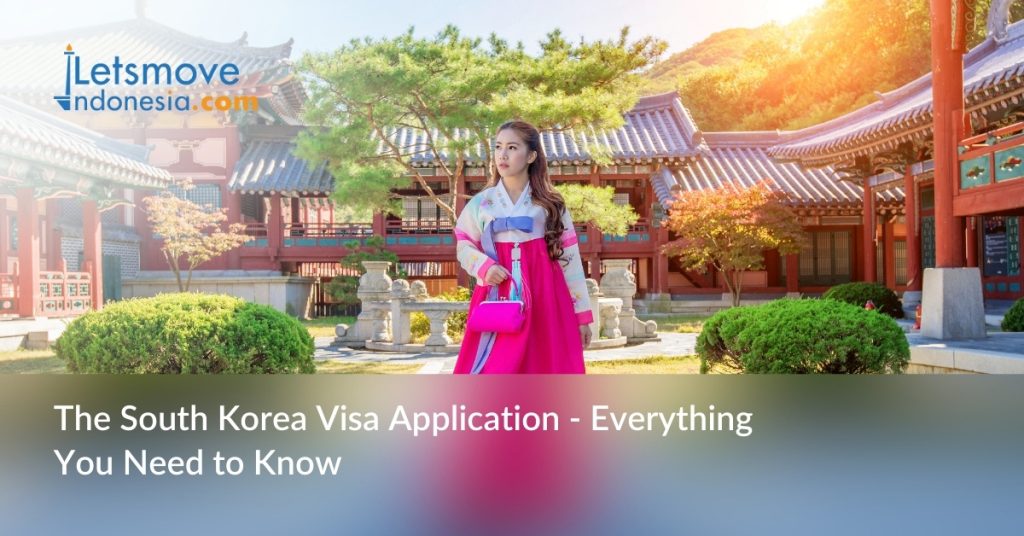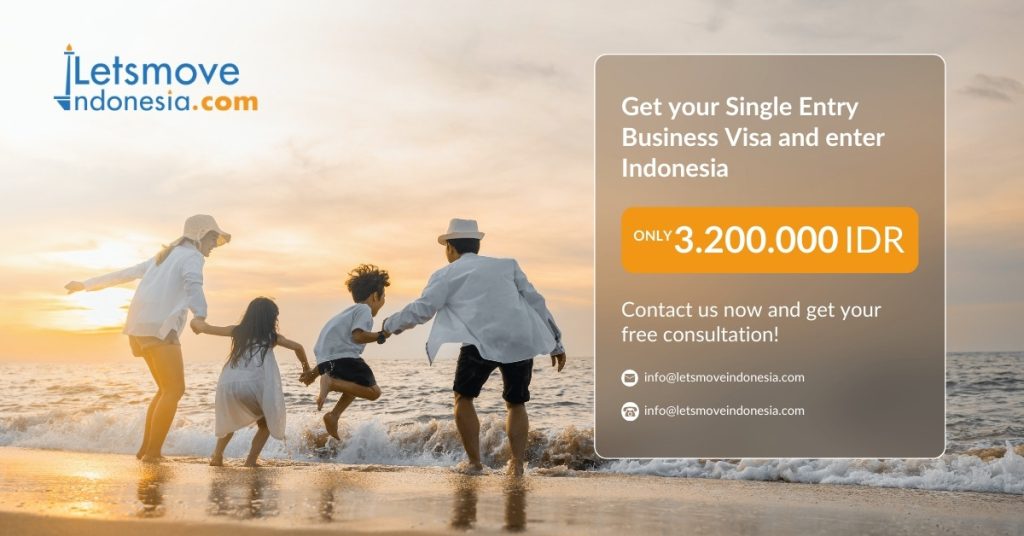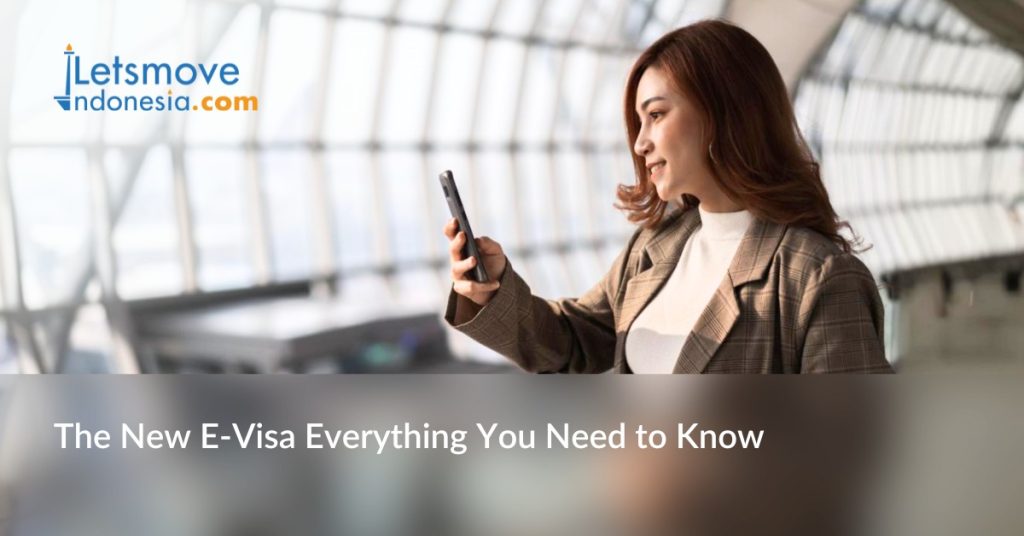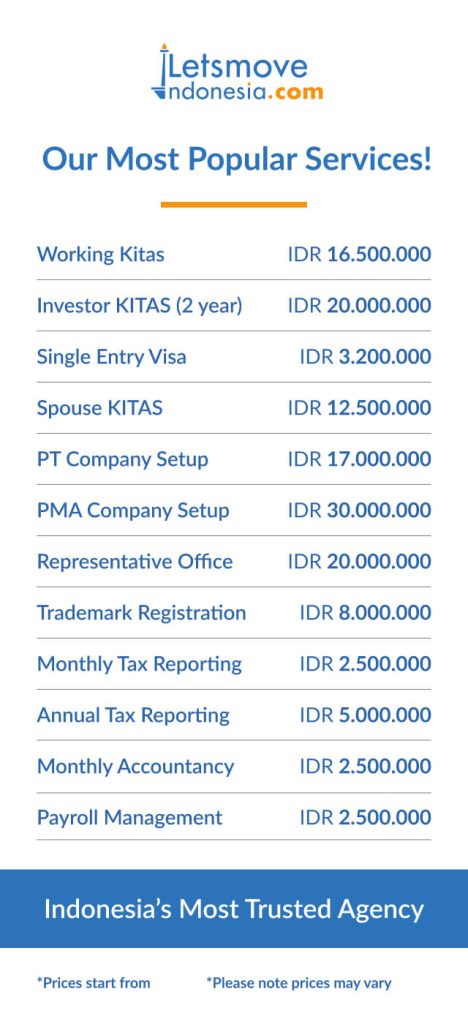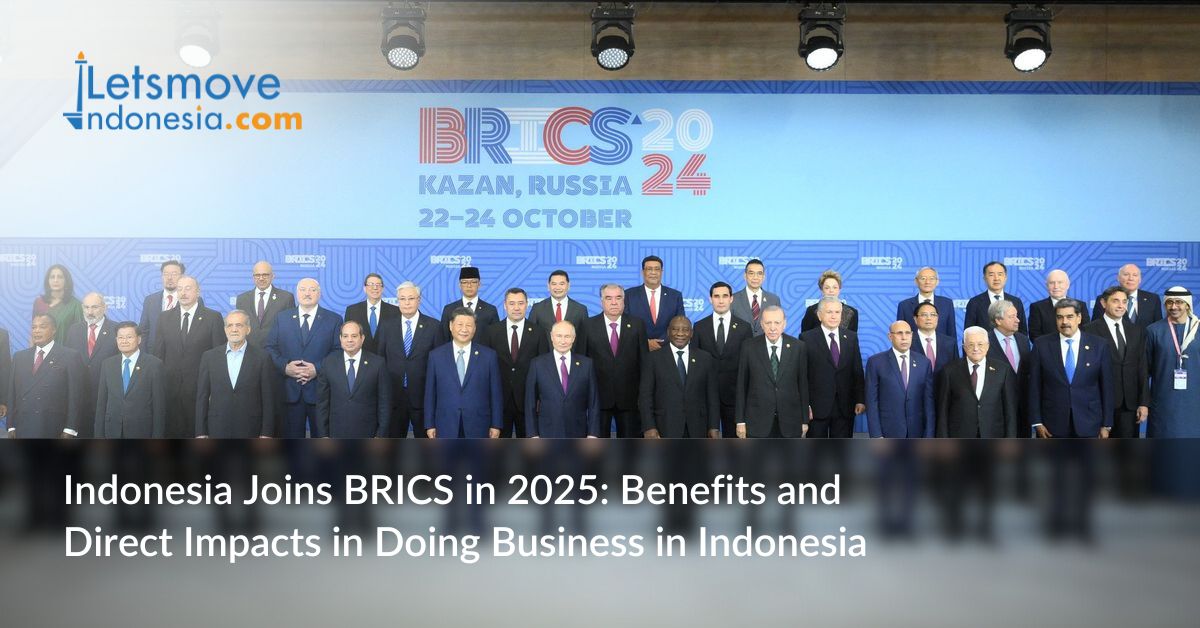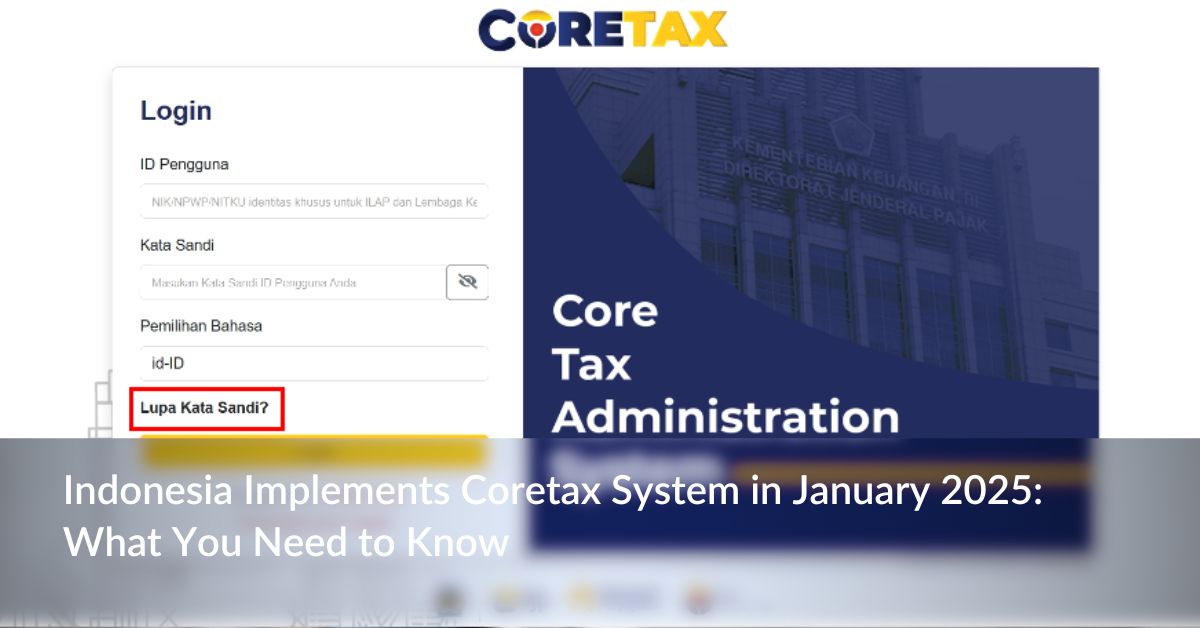A Comprehensive Guide to Visa Applications
South Korea’s captivating blend of historical landmarks, cutting-edge technology, and popular culture has fueled a significant increase in tourism from Indonesia. Data suggests that roughly 1,066,958 Indonesians are projected to visit South Korea in 2024. This surge reflects the growing appeal of Korea’s unique offerings, attracting travellers with diverse interests.
Whether your passion lies in the recent Korean pop culture, historical exploration, or business opportunities, obtaining the appropriate visa is the first step toward a fulfilling Korean experience.
About South Korean Immigration for Foreign Nationals in 2024
Important Notes for Foreigners Visiting South Korea in 2024
- All foreign nationals, except citizens of visa-exempt countries, require a visa to enter South Korea.
- The K-ETA (Korea Electronic Travel Authorization) is mandatory for all foreign nationals who are exempt from a visa to enter South Korea, including Indonesian citizens.
- Visa requirements and regulations are subject to change, so it’s important to check the latest information from official sources before planning your trip.
- Be sure to apply for your visa well in advance of your intended travel date, as processing times can vary.
- When applying for a visa, be sure to provide accurate and complete information. Any false or misleading information could result in your visa being denied.
- Keep your passport and visa safe and accessible at all times during your stay in South Korea.
- Remember to comply with immigration regulations and departure procedures upon leaving South Korea.
Types of Visas for Tourism:
Single-Entry Visa:
If you’re planning a one-time vacation or a short business trip to South Korea, the single-entry tourist visa is an ideal choice. This visa allows for a maximum stay of 90 days and is valid for one entry only. It’s perfect for tourists who want to explore the country’s rich culture, history, and natural beauty. The single-entry tourist visa requires less documentation and has a shorter processing time compared to other visa types, making it a convenient option for travellers. However, it’s important to note that re-entry is not allowed after exiting South Korea, so plan your trip accordingly.
Double-Entry Visa:
The Double-Entry Visa for South Korea permits travellers to enter the country twice within six months, with each visit lasting up to 90 days. It is tailored for individuals who plan multiple trips in a short period, such as visiting neighbouring countries and returning to South Korea. This visa necessitates more documentation and has a longer processing time compared to the Single-Entry Visa. It is suitable for those who have legitimate reasons for multiple entries, like business meetings or family visits. Opting for the Multiple-Entry Visa allows for greater flexibility and convenience for travellers who need to make frequent trips to South Korea within a specified time frame.
Multiple-Entry Visa:
The multiple-entry visa for South Korea is an excellent option for frequent travellers who plan to visit the country regularly. It allows travellers to enter and exit South Korea multiple times over a five or ten-year period, depending on the visa type. However, stricter eligibility requirements apply, including proof of financial stability and a solid travel history. This visa is suitable for professionals, academics, and individuals with family ties in South Korea. It provides flexibility in travelling to and from South Korea without requiring a new visa application each time.
Other Visa Types:
- Student Visa (D-2): For those enrolled in a Korean educational institution.
- Working Visa (E Series): For various employment purposes, each with specific requirements.
- Family Reunion Visa (F Series): For spouses and children of Korean citizens or foreign residents.
South Korea Visa Policy:
- Visa-Free Entry: Citizens of a few countries (not including Indonesia) enjoy visa-free entry for short stays.
- Temporary Exemptions: South Korea occasionally grants temporary visa exemptions for specific events or purposes. It’s always best to check the latest updates from official sources.
The K-ETA (Korea Electronic Travel Authorization)
The K-ETA (Korea Electronic Travel Authorization) is a mandatory electronic travel authorisation required for all foreign nationals who are exempt from a visa to enter South Korea, including Indonesian citizens. It is a simple and streamlined process that allows eligible travellers to obtain authorisation to visit South Korea for short-term stays of up to 90 days without the need for a traditional visa. The K-ETA is valid for two years from the date of approval and allows multiple entries during that period. Applicants must provide basic personal and travel information online, and the authorisation is typically granted within a few minutes.
How to Apply for a Visa to South Korea:
- Determine Your Visa Type: Choose the visa that best matches your travel purpose.
- Gather Documents: Requirements vary, but typically include:
- Passport with at least six months validity
- Completed application form
- Passport photo
- Flight itinerary
- Proof of accommodation
- Financial documents
- Additional documents specific to your visa type (e.g., letter of acceptance from a university for student visas)
- Submit Your Application
- Pay the Fee. Visa fees are payable at the time of application.
- Await Processing. You’ll be notified when your visa is ready.
Port of Entry
You can enter South Korea through any port of entry, including international airports, seaports, and land border crossings. The most common ports of entry are:
- Incheon International Airport (ICN)
- Gimpo International Airport (GMP)
- Jeju International Airport (CJU)
- Busan Gimhae International Airport (PUS)
- Daegu International Airport (TAE)
- Yangyang International Airport (YNY)
- Cheongju International Airport (CJJ)
- Gunsan Airport (KUV)
- Muan International Airport (MWX)
- Yeosu Airport (RSU)
- Pohang Airport (KPO)
- Ulsan Airport (USN)
- Incheon Port
- Busan Port
- Jeju Port
- Donghae Port
- Mukho Port
- Pohang Port
- Ulsan Port
- Goseong Land Port
- Yangyang Land Port
Frequently Asked Questions (FAQs):
How long does it take to get a South Korean visa?
Typically a few weeks, but it can vary.
Can I extend my visa to South Korea?
It’s possible for certain visa types, but it’s best to check with the immigration office.
Do I need to show proof of vaccination for COVID-19?
Check the latest entry requirements, as they are subject to change.
Why Use Visa Consultation from Global Visa by Lets Move Indonesia?
Global Visa’s consultation services are tailored to make your travel plans stress-free. We offer expert guidance to help you determine the appropriate visa for your destination. Our professionals will ensure that your application is complete and meets all the requirements. We streamline the process by taking care of the paperwork and assisting with appointments, saving you time and effort. Our team stays updated with the latest visa regulations and ensures that your application complies with all the current rules.
By choosing our services, you can have peace of mind knowing that the details are being handled by experts, allowing you to focus on planning your trip and creating lasting memories.
Found this article interesting? Check out our other useful articles about visas here!
The Indonesia Visa on Arrival – Everything you need to know now!
Bali Visas – Guide to Bali Visa for UK Citizens
The Indonesia Visa on Arrival 2023 – Everything you need to know now!
LetsMoveIndonesia – 2022 Bali Visas Recap
Jakarta Visas – How to Get a Jakarta Visa on Arrival
Electronic Visa on Arrival (e-VOA) is Now Available For 27 Nationalities
